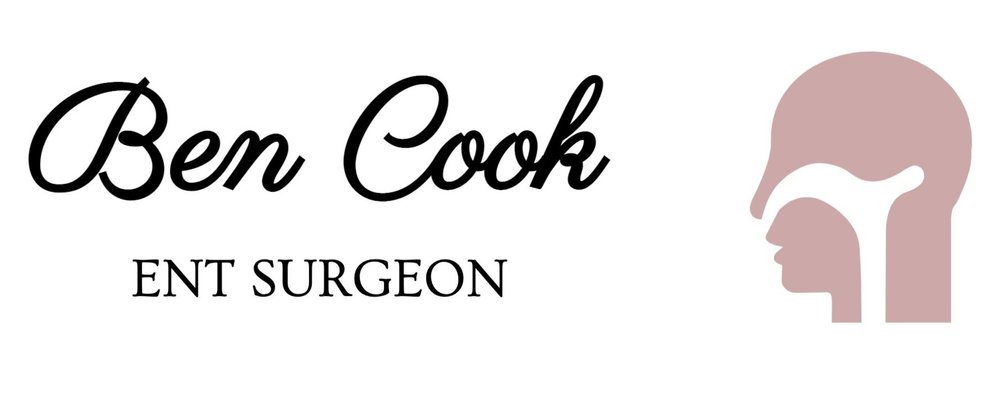Disorders of the Nose and Sinuses
Sinusitis
Managed medically or sometimes surgically for patients with longstanding or severe symptoms. A comprehensive assessment with history, examination (often with endoscopy) and investigations such as CT scanning are used to tailor an individual management plan for my patients.
If surgery is warranted, the steps involved as well as the benefits and possible risks will be discussed. Handouts from the Royal College of Surgeons will also be used to help illustrate and inform the patient about any upcoming procedure.
Endoscopic sinus surgery is the mainstay of the surgical management of sinus disease. It requires special equipment and training and Mr Cook has performed hundreds of these operations. The surgery is often performed as day-surgery and nasal packing (once the greatest fear of nose surgery patients) is very rarely used.
Nasal obstruction
Once medical treatments such as nasal sprays or allergy treatments have been exhausted or maximized, it is sometimes necessary to consider surgery to correct underlying anatomical problems. Mr Cook performs septoplasty (correction of a deviated septum) with or without turbinate reduction to improve patients airways. Surgery is usually done as a day procedure and soft dissolvable nasal packing is kept to a minimum.
Nasal polyps
These are benign inflammatory growths that occur in the nose in response to longstanding allergy. Patients with these may also suffer asthma or other allergic conditions. They usually present with a blocked and runny nose. Once diagnosed, the options of medical or surgical management will be discussed with the patient.

